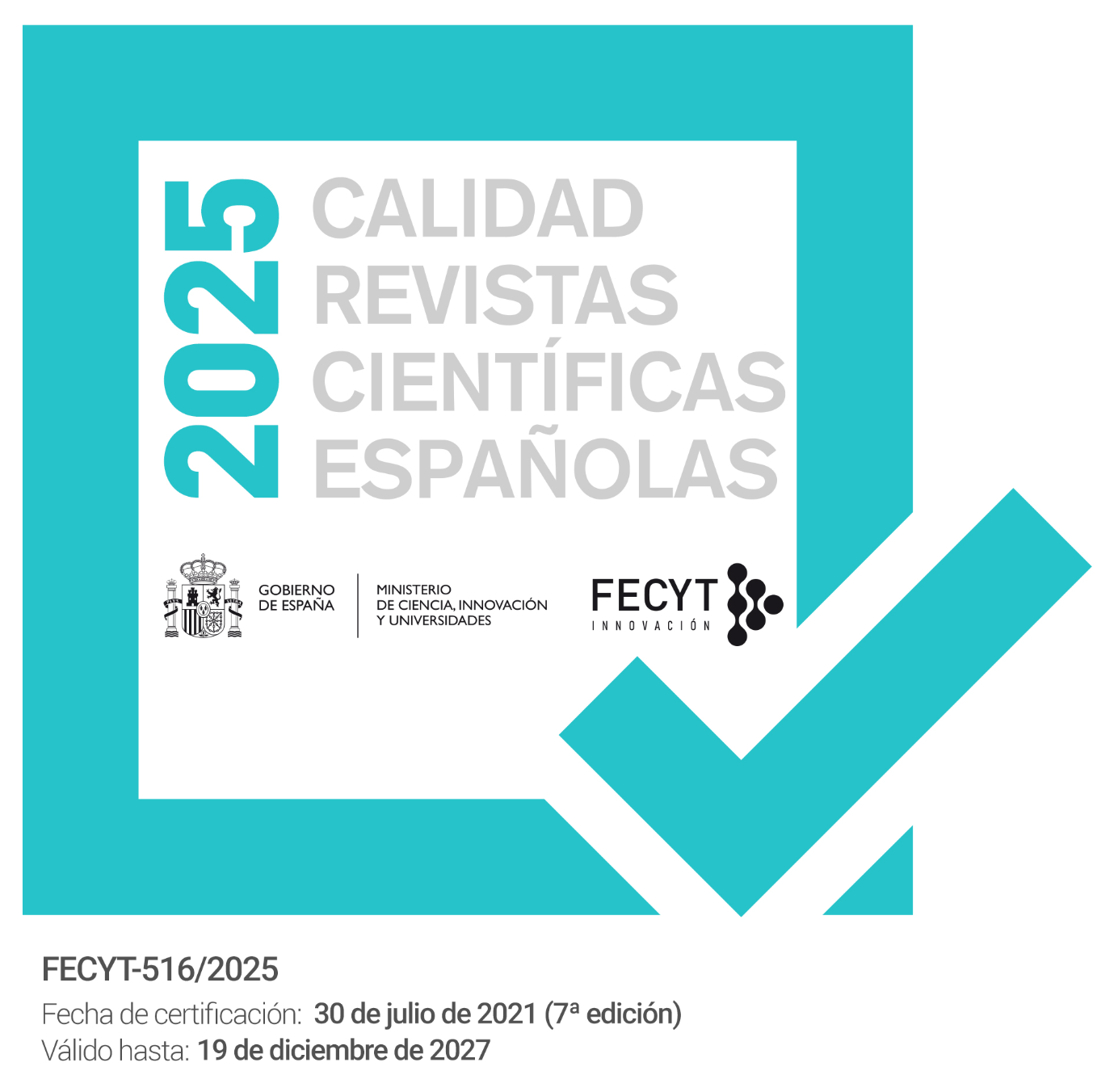Anti-plagiarism Policy and Retraction Protocol
Anti-plagiarism Policy
Authors must ensure that the data and results presented in the work are original and have not been copied, invented, distorted or manipulated.
Plagiarism in all its forms, self-plagiarism, multiple or redundant publication, as well as the invention or manipulation of data constitute serious breaches of ethics and are considered scientific fraud. The editors, firmly committed to ensuring that the manuscripts considered do not commit plagiarism or any other type of fraud, have an anti-plagiarism system (Turnitin).
Authors will not send to the Journal of Linguistic Research any original that is being considered by another editor, nor will they send that same original to another editor until they receive notification of its rejection or voluntarily withdraw it.
Retraction Protocol
Articles, reviews, or other documents published in the Revista de Investigación Linguística will be kept current, accurate, and unaltered as far as possible. However, exceptional circumstances may arise in which an article is published that subsequently needs to be corrected, retracted, or even deleted. These actions will be carried out after careful analysis by the journal's editorial team, with the support of the University of Murcia Publications Service staff, to ensure that they are carried out with the utmost guarantees and based on the standards recommended by the Committee on Publication Ethics (COPE).
In these cases, the system of standards and mechanisms for controlling scholarly communication has several main rectification procedures according to the type, severity, and consequences of the inaccuracy detected. These may take the form of a notice of errata or correction, a retraction, and, in rare cases, the deletion of the article. The purpose of this mechanism is to ensure that changes are transparent and the integrity of the scholarly record is always guaranteed.
Regarding retraction, a retraction notice will be published when a significant error invalidates the article's conclusions or when there has been research or publication misconduct. Authors may request retraction of their articles if their reasons meet the retraction criteria.
Retraction will be considered:
If there is clear evidence that the findings are unreliable, either as a result of misconduct (e.g., data fabrication or image manipulation) or error (e.g., computational error or experimental error).
If the findings have been previously published elsewhere without appropriate cross-referencing, permission, or justification (e.g., cases of redundant publication or duplicate publication).
If the research constitutes plagiarism.
If there is evidence of fraudulent authorship.
If there is evidence of compromised peer review.
If there are indications of unethical research and breaches of professional ethical codes.
When the decision has been made to retract an article:
A watermark, "Retracted Article," will be added to the published version of the article record.
The article title will be preceded by "Retracted Article: [article title]."
A separate retraction statement, titled "Retraction: [article title]," will be published and linked to the retracted article. This note will be signed by the journal's editors.
The retraction statement, which will be paginated, will be assigned a DOI.







